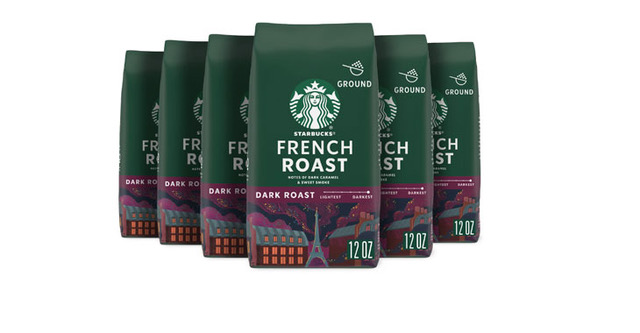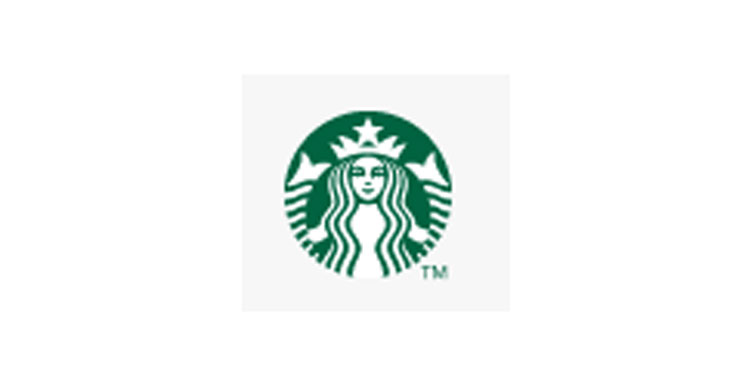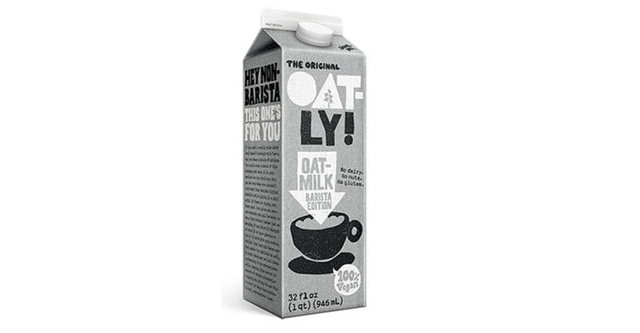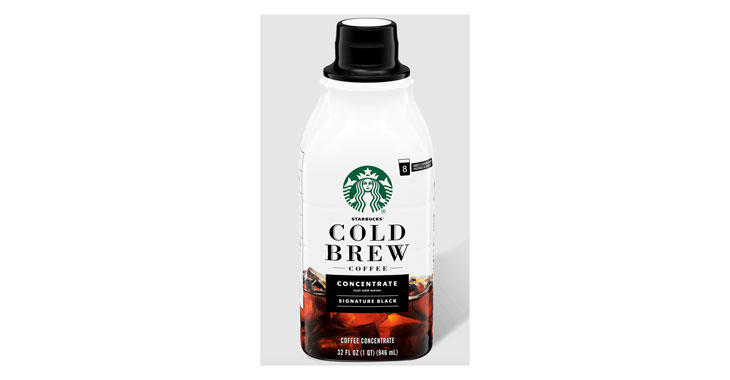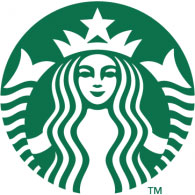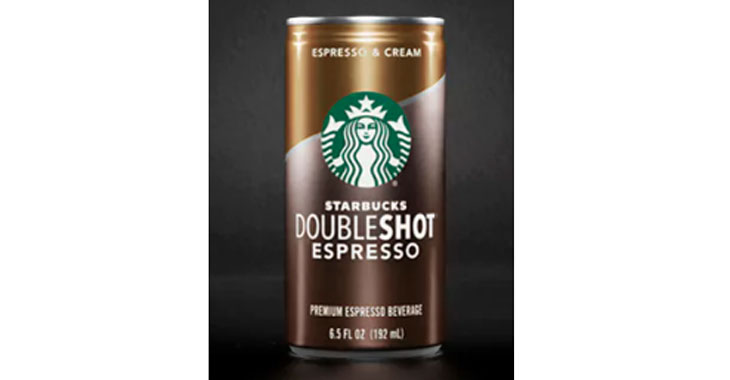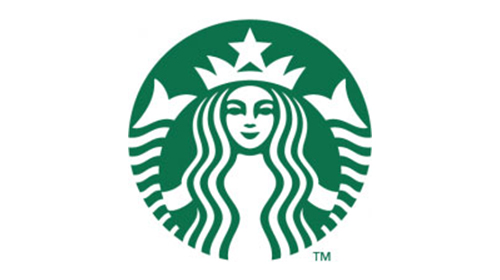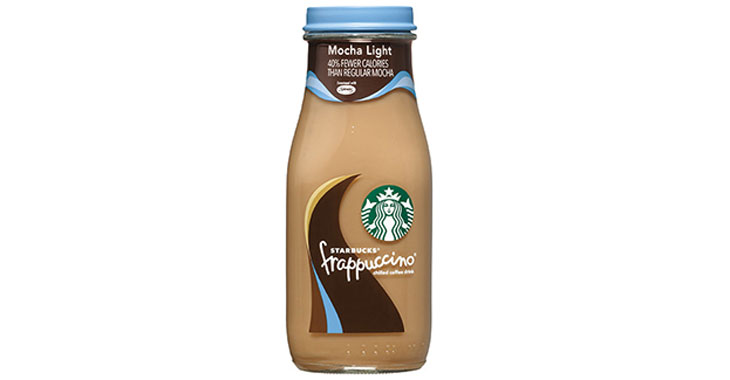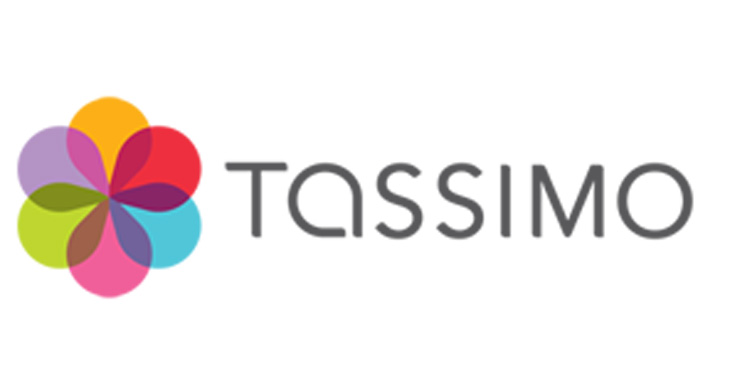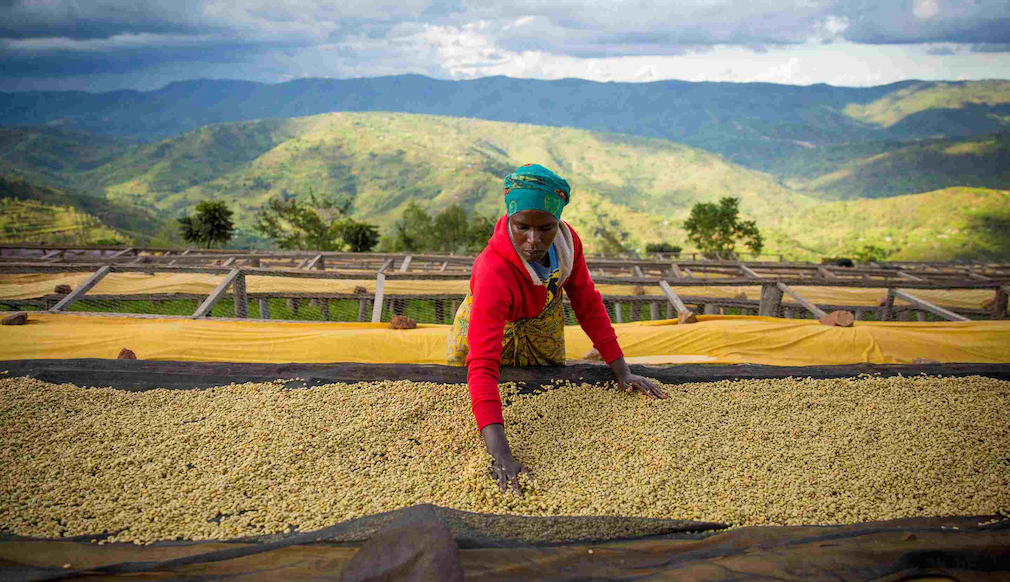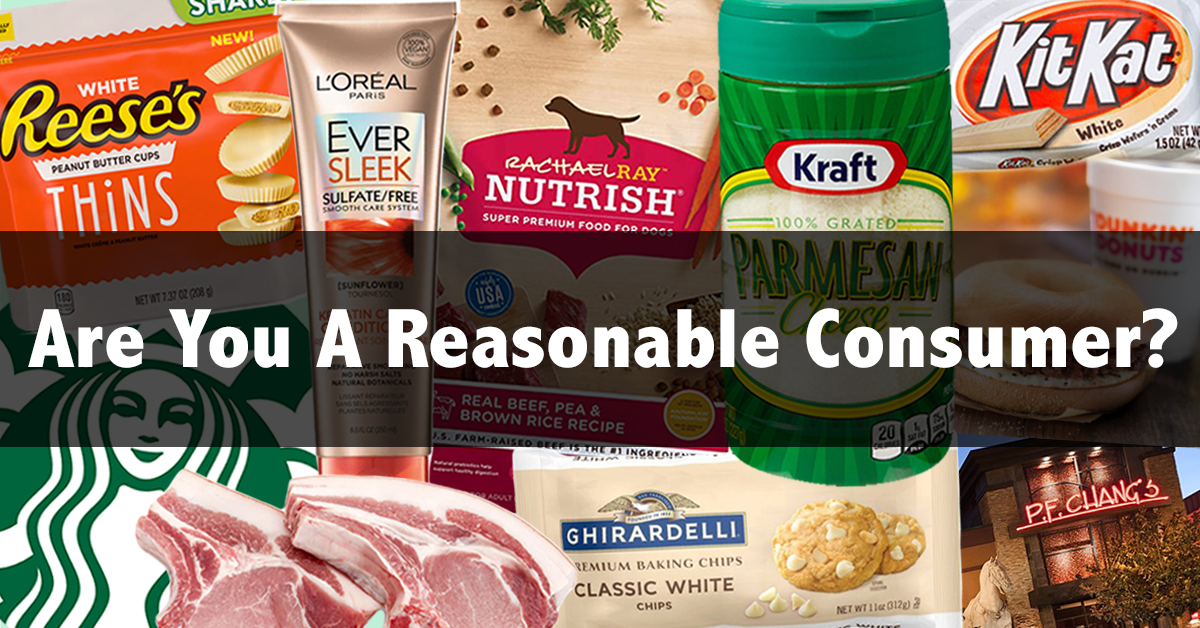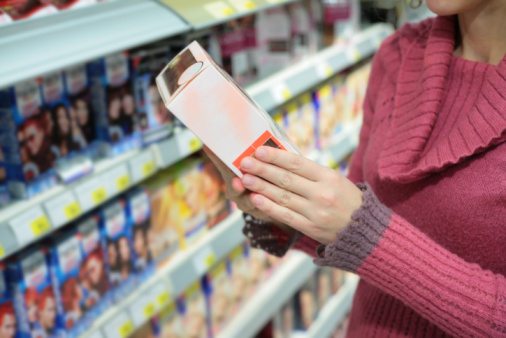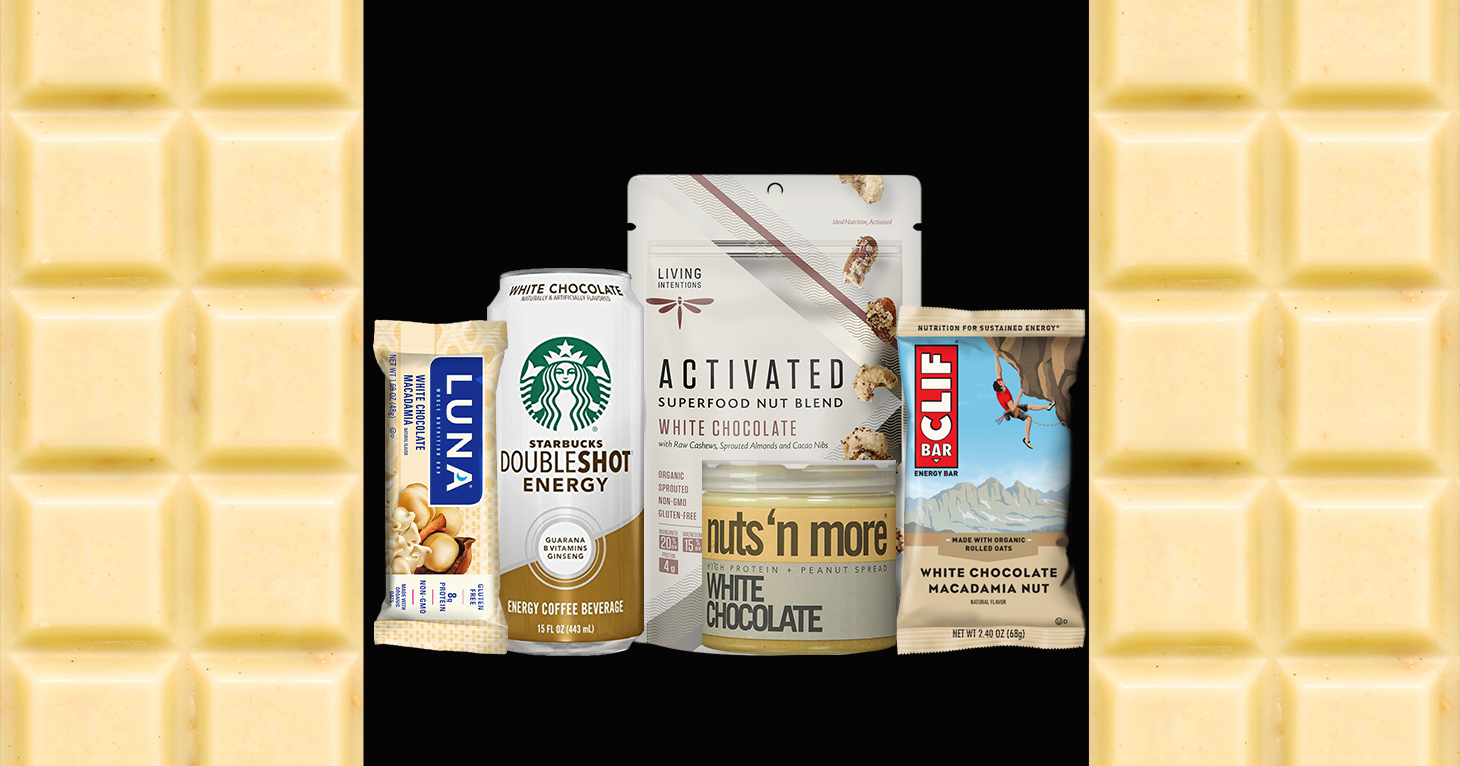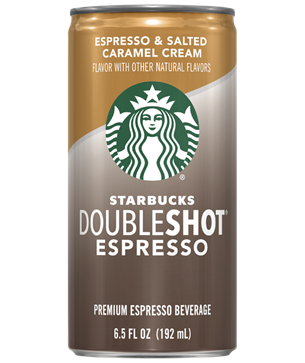
Starbucks Refreshers
Allegations: Beverages do not contain the fruits advertised in the product name
Strauss et al. v. Starbucks Corp.
25-cv-3809, S.D.N.Y.
(May 2025)
Starbucks Decaffeinated Coffees
Falsely marketing that the company “respect[s] the human rights of individuals and communities impacted by our operation and products” when its products are sourced from farms that have poor working conditions and use forced labor
Making false environmental claims (e.g., that the company uses sustainable practices and is working to reduce its carbon footprint) when its practices cause deforestation and heavy carbon emissions, and increases plastic waste
Falsely marketing that its Decaf House Blend Medium Roast coffee is produced using a safe process and contains 100% arabica coffee when it contains harmful chemicals
Pending
Allegations: Beverages do not contain the fruits advertised in the product name
Allegations: Misleadingly marketing products as “100% Arabica Coffee” when they contain added potassium
Allegations: Misleadingly representing that cocoa has been harvested following ethical and environmentally responsible standards
Allegations: Misleadingly marketing bagels as “Sprouted Grain” when they are made primarily with non-sprouted grains
Allegations: Misleadingly marketing products as healthy, safe, and high quality without disclosing that they may contain harmful bacteria
Allegations: Coffee products contain fewer servings than advertised
Allegations: Falsely advertising that the flavor comes from vanilla when the ingredients list shows that the flavor comes from unspecified “Natural Flavor”
Lawsuit tells a different story about the treatment of workers on Starbucks’ source farms.
See how you stack up.
Courts weigh in on legal term.
Stocking stuffer alert: These “white chocolate” treats are allegedly missing key ingredients.
Class-action complaint alleges “Doubleshot” drinks have less than two shots of espresso.
